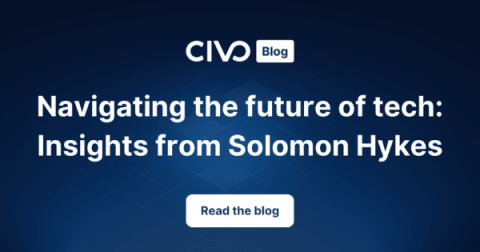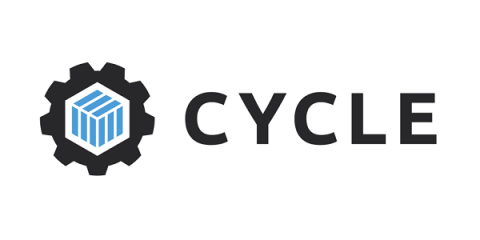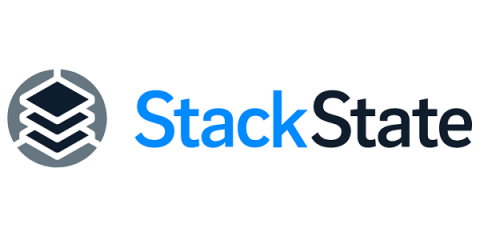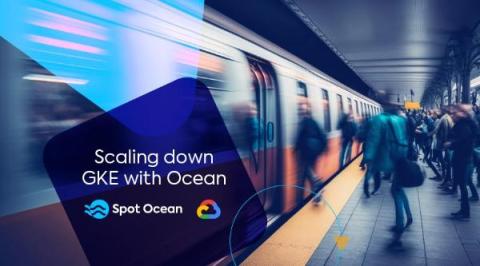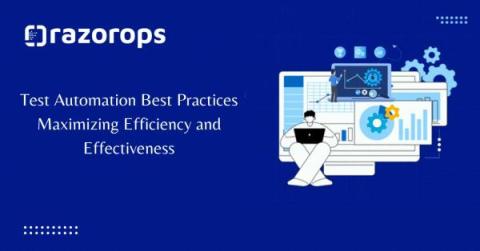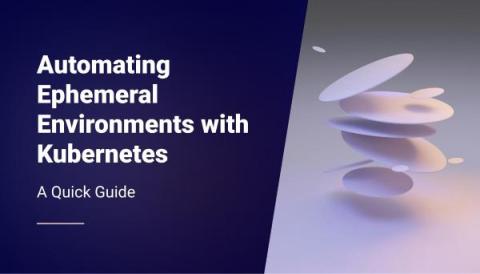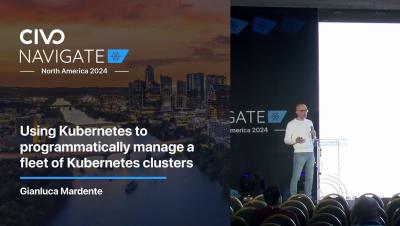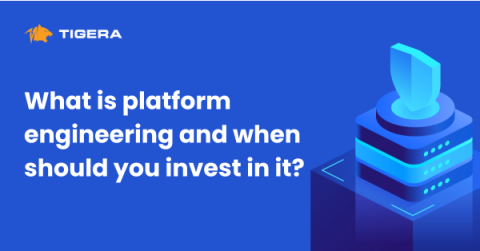KubeCon Europe 2024: Highlights from Paris
KubeCon Europe 2024 in Paris was the biggest event of the Cloud Native Computing Foundation (CNCF) to date. With over 12,000 participants, it was a monumental event, setting the stage for the latest trends and developments in cloud-native computing. As your loyal CNCF Ambassador, I’m here to share some of the important updates you don’t want to miss. I also invited fellow CNCF Ambassador Thomas Schuetz to join me with his own insights.



